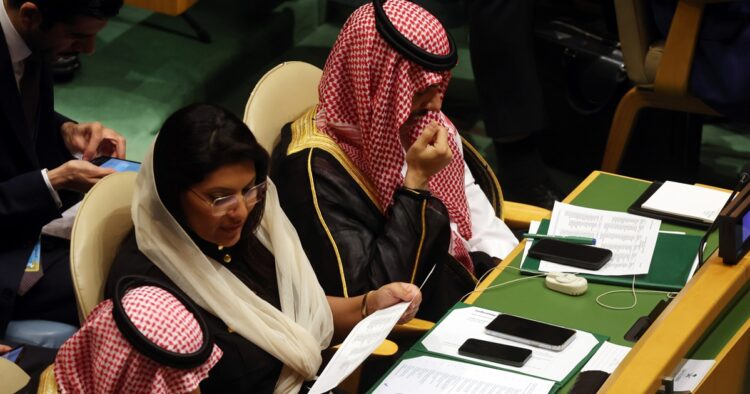In a move that has stirred controversy, the United Nations (UN) has appointed Saudi Arabia to chair its 69th session of the Commission on the Status of Women (CSW) in 2025. The decision, announced by the Saudi Arabia Mission to the UN, has drawn sharp criticism from women’s rights advocates.
Amnesty International’s Deputy Director for Advocacy, Sherine Tadros, voiced concerns over Saudi Arabia’s track record on women’s rights. Tadros emphasized that the CSW’s mandate is to promote gender equality, and she stressed the importance of the chair upholding this mandate. She pointed to Saudi Arabia’s well-documented history of gender discrimination as a cause for concern.
Human Rights Watch echoed these sentiments, highlighting Saudi Arabia’s systematic discrimination against women and its persecution of women’s rights activists. The organization warned against the UN decision, expressing doubts about Saudi Arabia’s commitment to advancing women’s rights.
In response to the criticism, Saudi Arabia defended its appointment, citing its eagerness to collaborate with the CSW as part of its vision for the kingdom’s future. The Saudi government emphasized its interest in enhancing women’s rights and empowerment, attributing progress in this area to the leadership’s attention and care.
According to the state-run Saudi Press Agency (SPA), the appointment aligns with Saudi Vision 2030, a strategic roadmap for the country’s development. The vision aims for a strong and inclusive Saudi Arabia that provides opportunities for all its citizens, including women. The government website emphasizes priorities and targets focused on women’s full participation and the harnessing of their capabilities.
The decision to appoint Saudi Arabia as the chair of the CSW has sparked debate globally, with advocates urging the kingdom to demonstrate tangible commitment to women’s rights through meaningful actions domestically. As Saudi Arabia prepares to take on this leadership role, the world watches closely to see how it will address the challenges and opportunities for advancing gender equality on the international stage.

















Comments